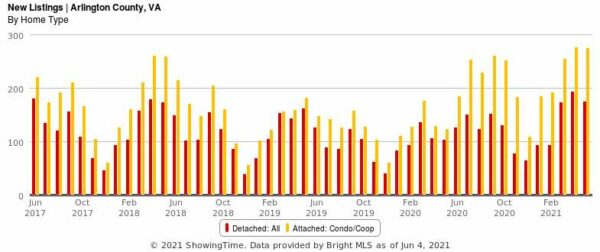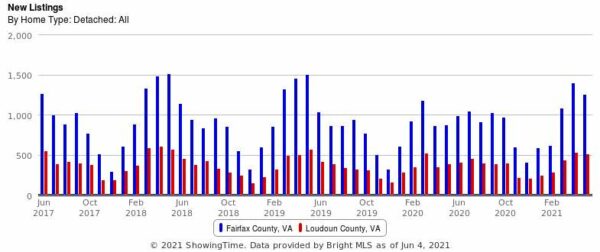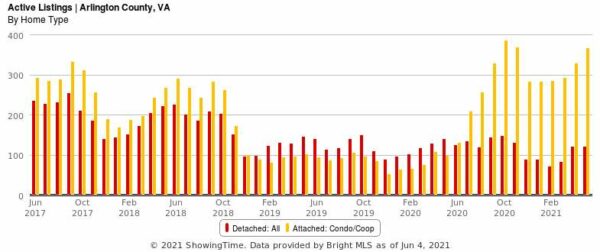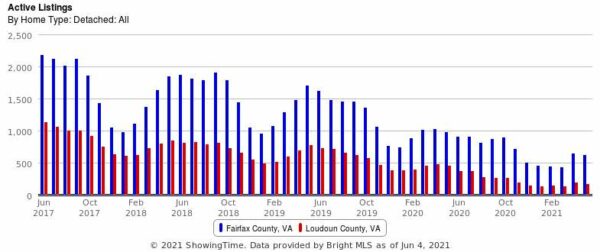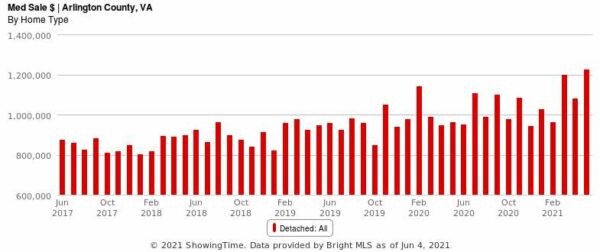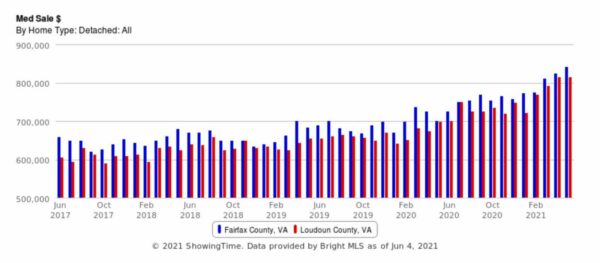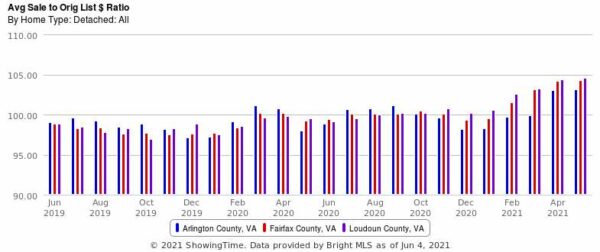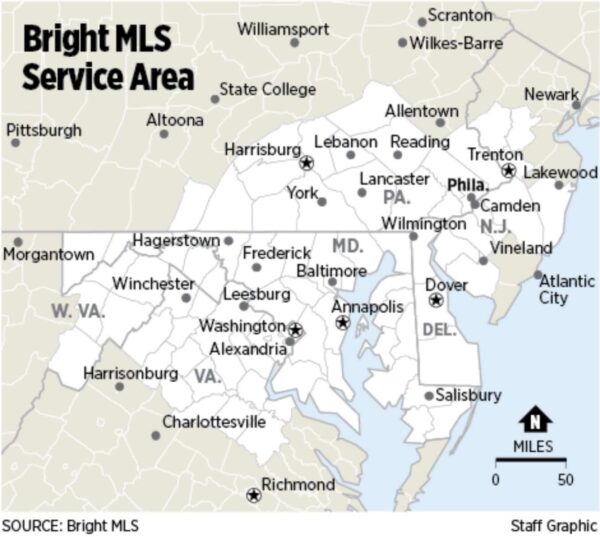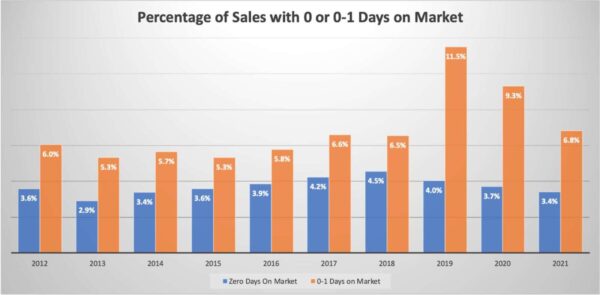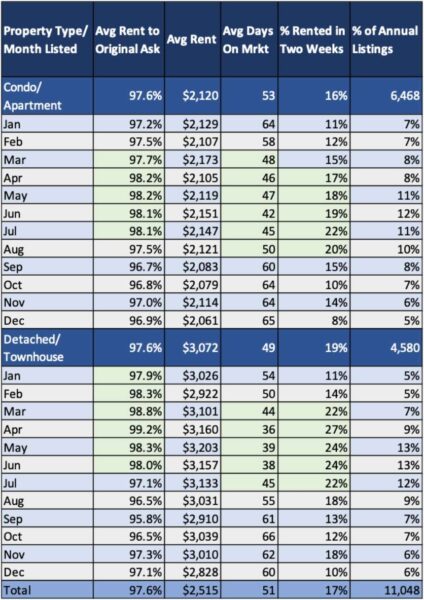This regularly scheduled sponsored Q&A column is written by Eli Tucker, Arlington-based Realtor and Arlington resident. Please submit your questions to him via email for response in future columns. Video summaries of some articles can be found on YouTube on the Ask Eli, Live With Jean playlist. Enjoy!
Question: Does it matter which lender/mortgage company I choose when I purchase a home?
Answer: Choosing a good lender is one of the most important decisions you make during the home buying process. In a competitive market like we’re in now, choosing the right lender goes beyond a low interest rate and access to good loan products; it can be the difference between having your offer accepted or passed over.
Stronger Offers
Better Pre-Approval: When I review offers on behalf of a seller, I put a lot of value in the quality of the lender/bank who wrote the pre-approval letter for the buyer. A lender who has taken the time to review credit and financial documents, and to get a thorough understanding of the buyer, means the risk of financing falling through is much lower than with lenders who generate pre-approvals based on a short form with inputs from the buyer, without verification.
Most agents representing a seller will contact the lender on the pre-approval letter to ensure they are responsive, personally familiar with the buyer’s financial qualifications and confident in closing based on the contract terms (price, settlement timeline, etc.). Having a lender on your side who will answer the phone and understands the importance of this communication can make all the difference in a competitive market.
Close Faster: Online lenders, larger banks and credit unions often have difficulty closing in less than 35 to 45 days, but a good lender can often settle in less than three weeks. If you find yourself competing for a property, working with a lender who can close quickly will significantly increase the probability of your offer being chosen compared to a lender who needs at least five weeks.
Don’t Miss Settlement
Good lenders do not miss the settlement date. Their reputation and business rely on it. If you miss the contracted settlement date, you’re (usually) in default and expose yourself to risks including losing the Earnest Money Deposit, incurring the seller’s carrying costs or having the contract voided by the seller.
A good question to ask your lender is where their staff works. There are quite a few people involved in getting your loan approved including the loan officer, processor and underwriters. Lenders with a history of missing settlement deadlines often have staff working in different locations that don’t regularly work together. If your lender works in the same physical office as those people, that’s a good indication that they can handle issues efficiently and have a higher probability of meeting the settlement date.
Don’t Get Duped (Interest Rate vs. APR)
Be careful when you’re comparing interest rates, especially online rates. Make sure you’re comparing the Annual Percentage Rate (APR), not the interest rate. Many lenders advertise lower rates by including points (you pay cash upfront for a lower rate) or they charge higher fees. The APR is a measure of the total cost of the loan, including points, fees, and interest rate and allows for an apples-to-apples comparison.
Additionally, the advertised rates are often based on the ideal borrower profile and loan amounts. A true rate quote requires the lender to have your credit information, debts, income, purchase price and down payment. Even with that information, I’ve seen lenders quote low rates to capture a buyer’s attention and then increase the rate/fees once it comes time to lock everything in. Be careful and ask questions.
Reliable Pre-Approvals



